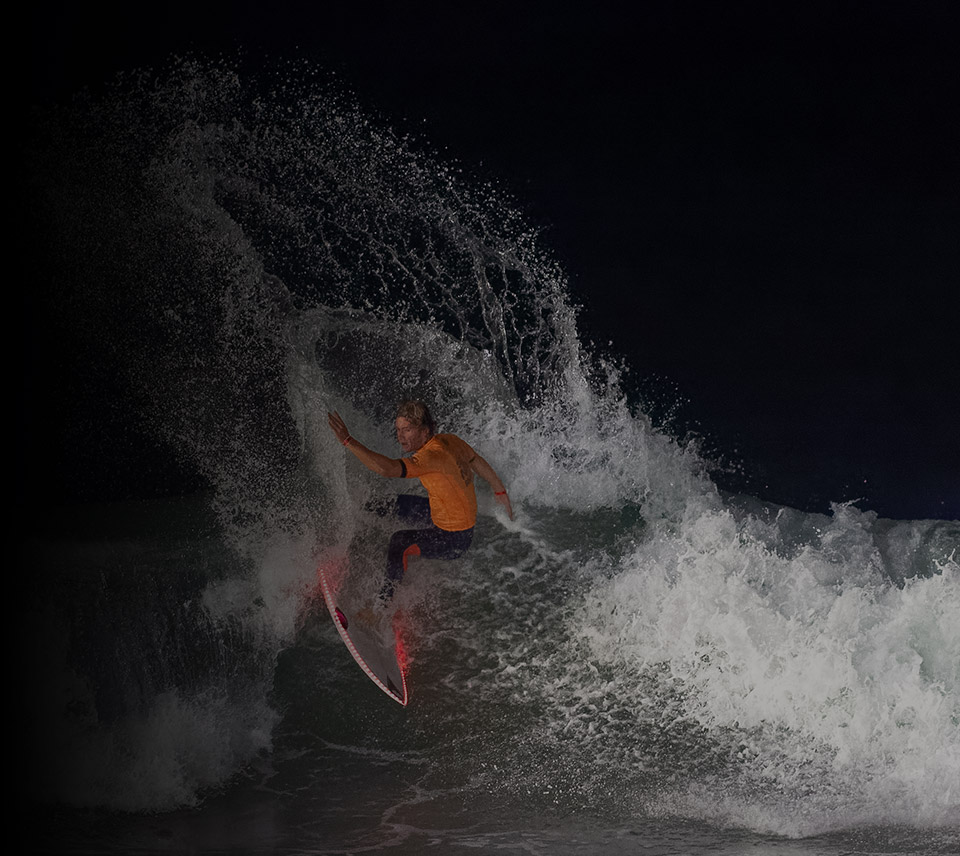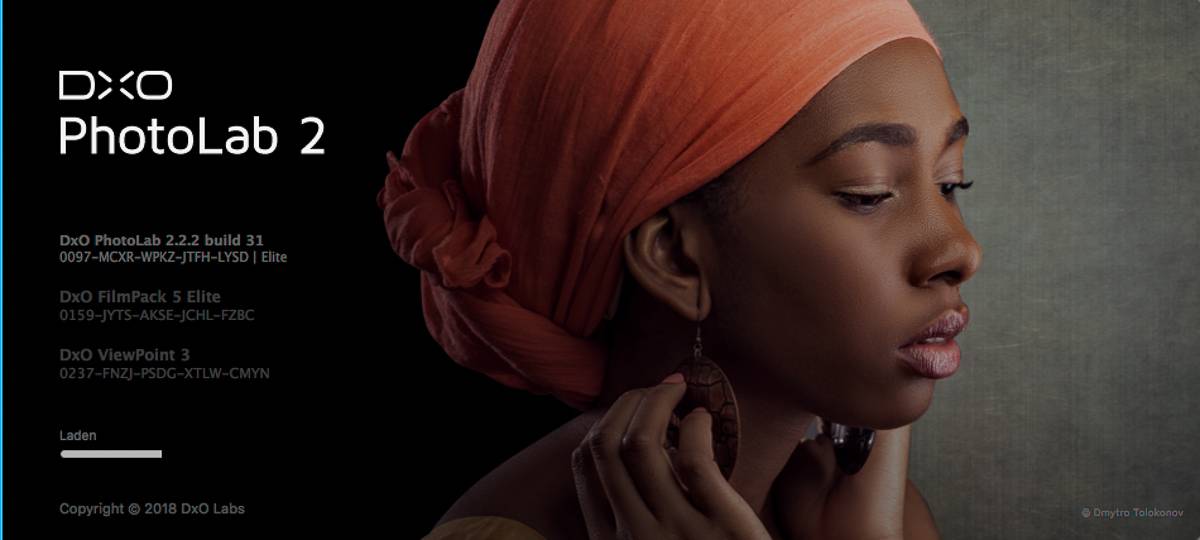


No, the only integration between them is via one-way file export. I thought the free trial version I messed around with did have it integrated, but I didn't get as much time with it as I had hoped, plus a couple of months have passed.

In fact, it is built right in, so if you have an FP licence, its tools are available directly while editing a raw image in PhotoLab. I use DxO FilmPack for those sort of effects, and that is fully integrated with PhotoLab. I'm a long term DxO user, but have never seen any point in getting Nik. DxO built the U-point technology into PhotoLab (that was what changed it from DxO Optics Pro), and that is fully integrated.

It has never been integrated with the DxO products, other than by file export. Note that the Nik Collection was designed to complement the Adobe products. I’ll still buy PL, though, and maybe add the Nik Collection later. You can even further expand the software’s functionality with plugins that were created by third-party developers but can be opened from inside Photoshop.Shoot, that’s too bad. It’s also a terrific 3D modeling software that contains tools for working with 3D assets. Other than being suitable for raster images, Photoshop is a solid free vector graphics software, as it offers basic functionality for editing and rendering text and vector objects (particularly via clipping path). Such advanced features are available thanks to the existence of Photoshop’s proprietary formats – PSD and PSB. Photoshop allows editing and adjusting raster images while utilizing masks, alpha composition, and multiple color modes. If you compare DxO PhotoLab vs Photoshop, you’ll notice that the former doesn’t operate with the term “layer” while the latter supports working with layers and additional channels.


 0 kommentar(er)
0 kommentar(er)
